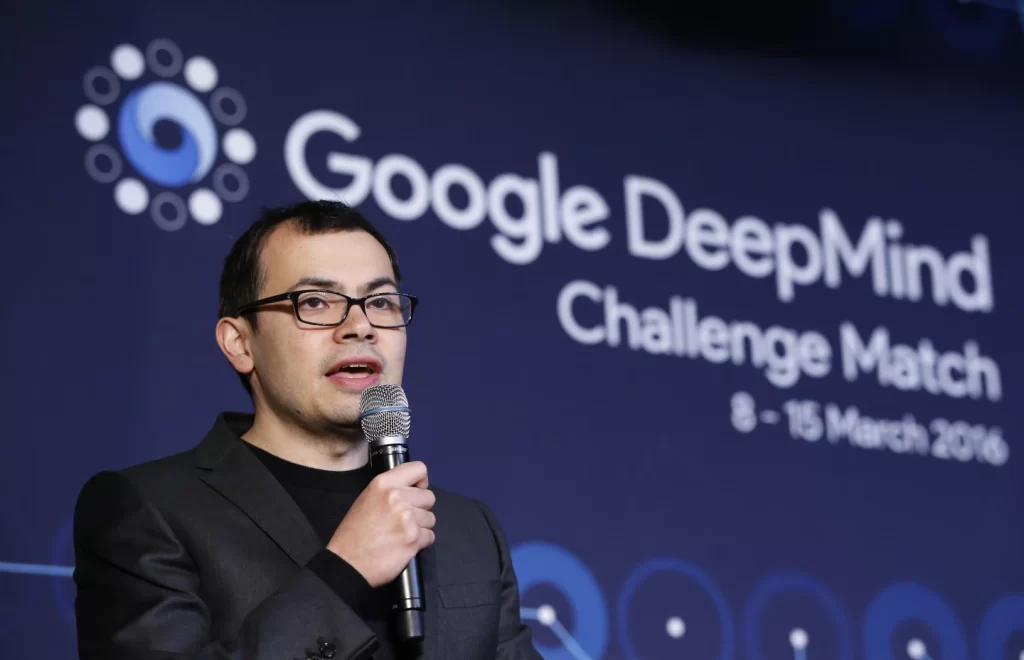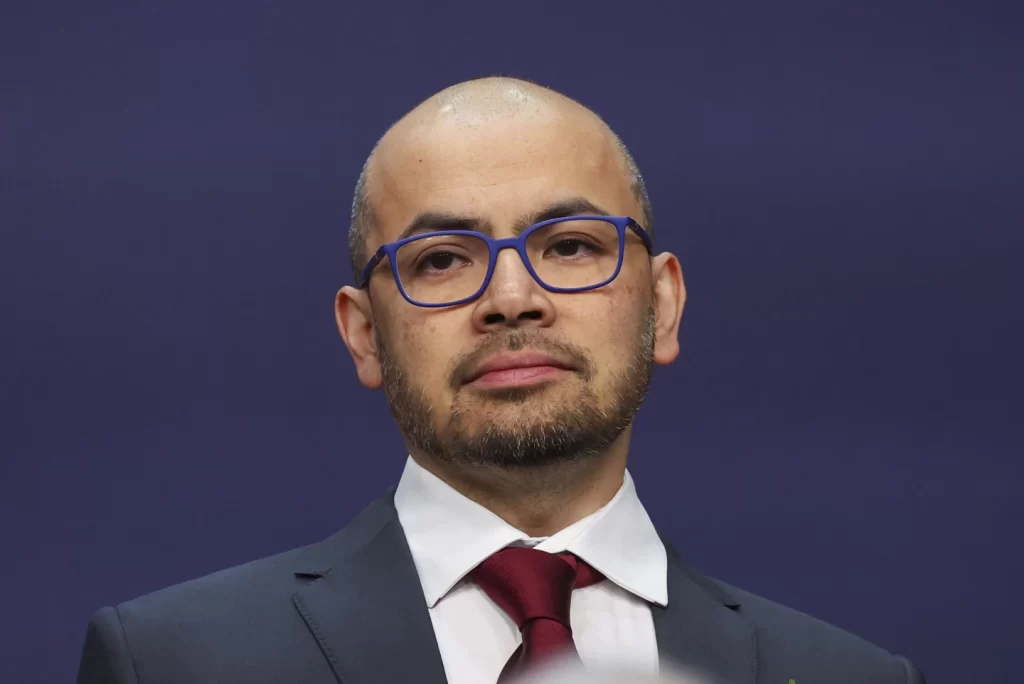The Royal Swedish Academy of Sciences awarded the 2024 Nobel Prize in Chemistry on Wednesday to three scientists for their groundbreaking work in predicting and designing protein structures, a fundamental advancement in understanding the building blocks of life.

David Baker of the University of Washington in Seattle, along with Demis Hassabis and John Jumper of Google DeepMind in London, share the prestigious award for their contributions to solving what was long considered a grand challenge in biochemistry.
Heiner Linke, Chair of the Nobel Committee for Chemistry, emphasized the significance of the laureates’ work in connecting amino acid sequences to protein structures. “That was actually called a grand challenge in chemistry, and in particular in biochemistry, for decades. So, it’s that breakthrough that gets awarded today,” Linke stated.

Baker’s research group pioneered the design of new proteins, starting with a breakthrough in 2003. Since then, they have produced a wide array of innovative protein creations with potential applications in pharmaceuticals, vaccines, nanomaterials, and tiny sensors.
Professor Johan Åqvist of the Nobel committee lauded Baker’s achievements, saying, “The number of designs that they have produced and published, and the variety, is absolutely mind-blowing. It seems that you can almost construct any type of protein now with this technology.”

Hassabis and Jumper’s contribution lies in their development of an artificial intelligence model capable of predicting the structure of virtually all 200 million proteins identified by researchers. Their work, completed in 2020, effectively “cracked the code” of protein structure prediction, according to Linke.
Baker acknowledged the impact of Hassabis and Jumper’s AI work on his team’s research, noting that it “greatly increased the power and accuracy” of their protein design efforts.

The prize money of 11 million Swedish Kronor ($1 million) will be split, with Baker receiving half and Hassabis and Jumper sharing the other half.
This year’s chemistry Nobel underscores the growing importance of artificial intelligence in scientific research and its potential to accelerate breakthroughs in understanding fundamental aspects of biology and life itself.
The laureates are invited to receive their awards at a ceremony in Stockholm on December 10, the anniversary of Alfred Nobel’s death.



